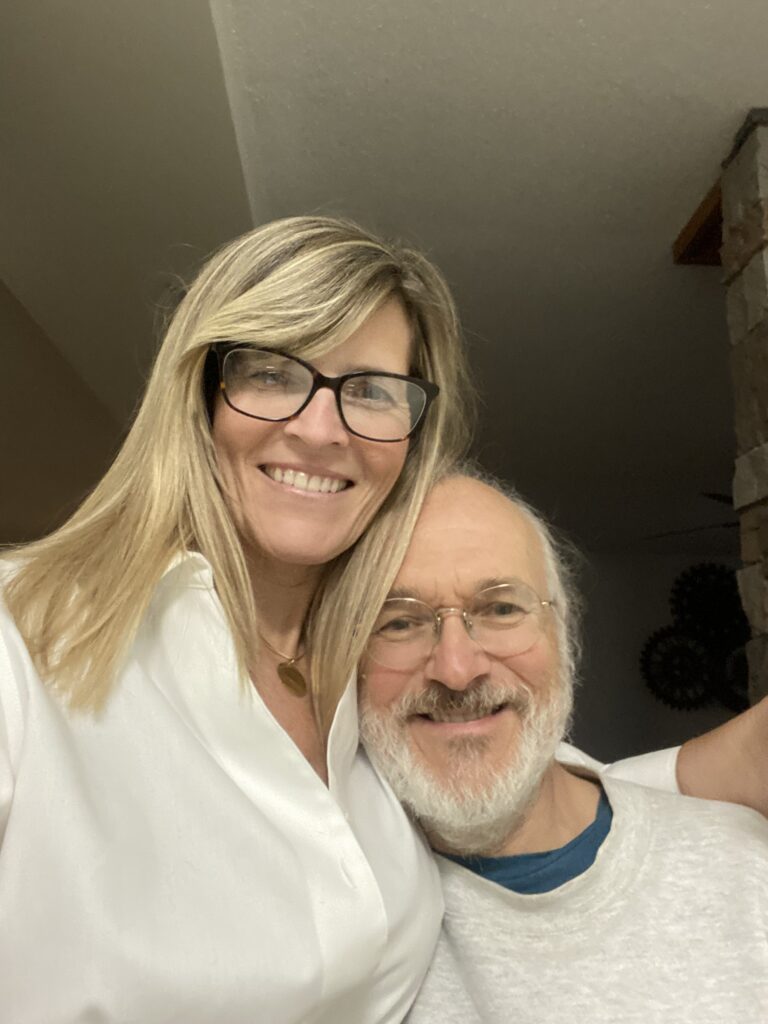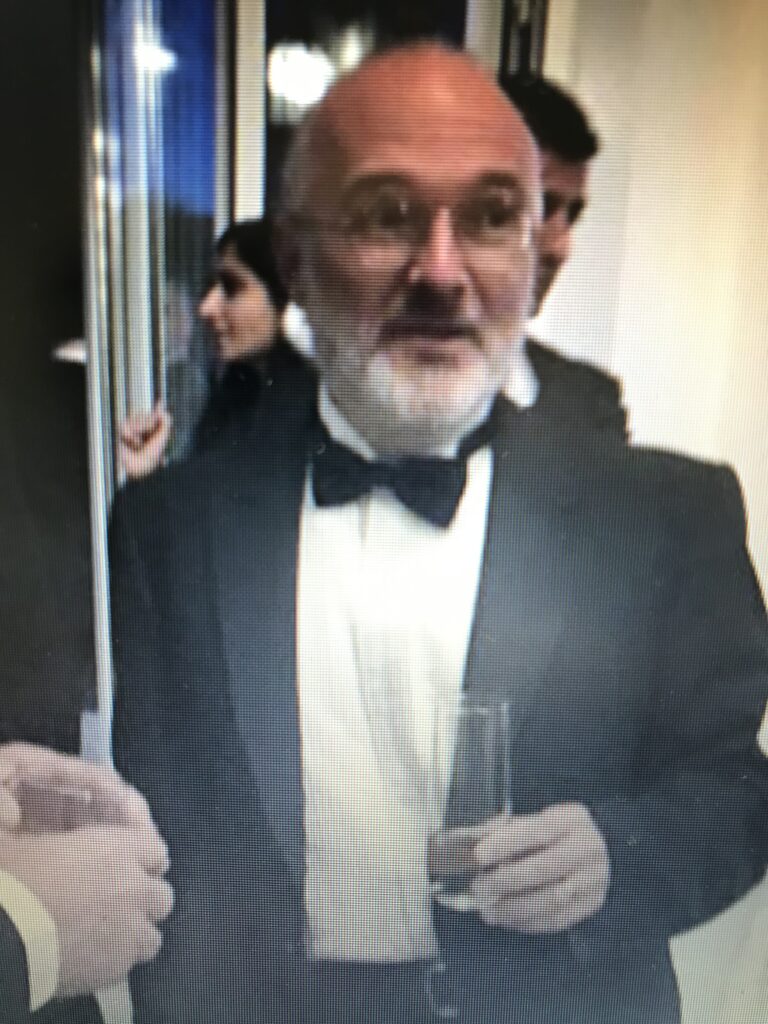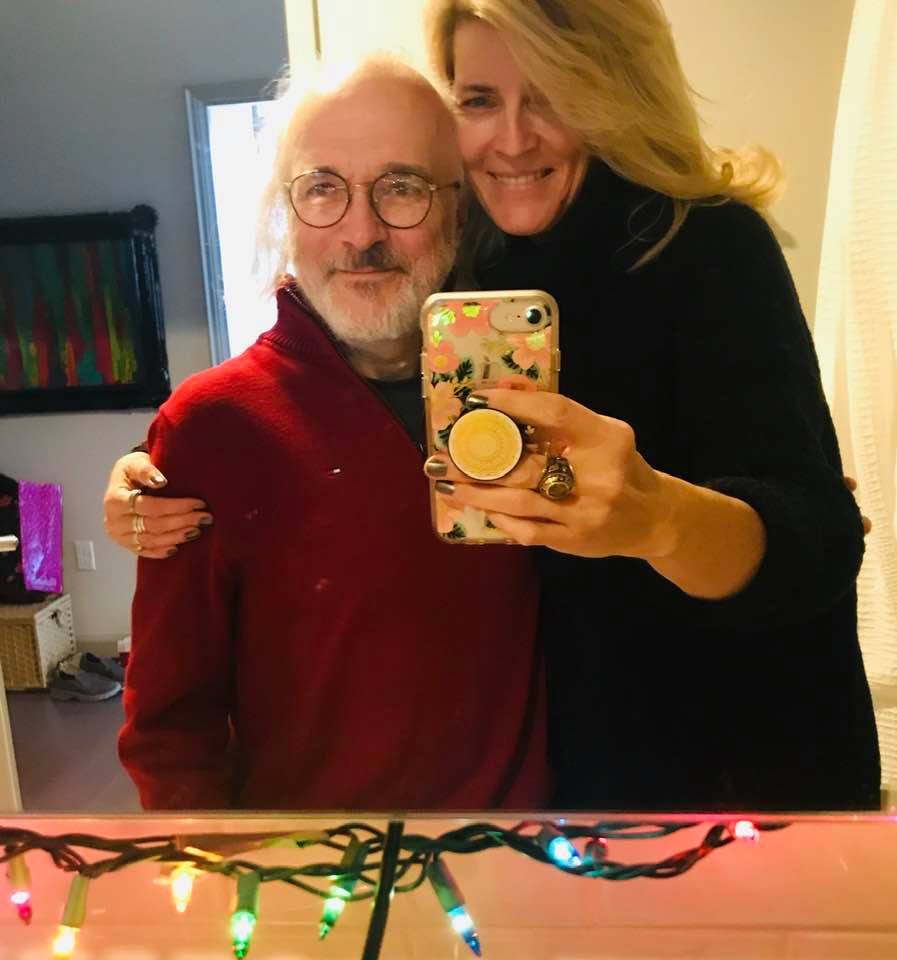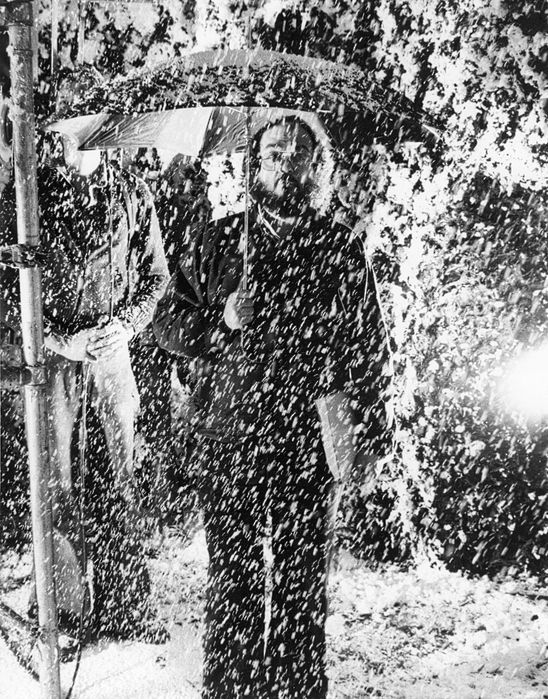BLACK HOLES COLLIDE, ‘INVASION,’ AND ‘THE CATHOLIC MIRROR: A CONVERGENCE
BY DAN VALENTI
PLANET VALENTI NEWS AND COMMENTARY
(FORTRESS OF SOLITUDE, WEDNESDAY, FEB. 17, 2016) — Two black holes colliding, Michael Moore, and The Catholic Mirror — no, a Carnac the Great answer. This seemingly disparate triad coalesced in commonality for THE PLANET.
The first event rocked physicists, scientists, and mathematicians. Two black holes, the incredibly dense remnants of collapsed stars, collided 1.2 billion years ago. The inconceivably massive wreck sent gravitational waves through space. Those waves reached the earth a few days ago, and two experimental antennae picked them up. The antennae, L-shaped with arms 2.5 miles long, measured the distortion that upset a laser inside the devices, triggering a sound heard in the key of C. The distortion was measured at 4/1000 the width of a proton. It confirmed one of Albert Einstein theories. The implications are profound, though we can’t get into them here.
Two Facebook postings and an ensuing discussion with my good friend Nat Fortune, physics professor at Smith College, confirmed the wondrous awe THE PLANET felt at the scales involved — the immensity of the holes, the time of the collision (1.2 billion years ago), and the infinitesimal distortion in space time we on earth were nonetheless able to measure.
It made us realize the oddness of the human propensity to “jazz up” the plenty-astonishing wonder of and to the universe. The most common way is reference to a Sky God, the personalized deity shared by Judaism, Christianity, and Islam, or some other over-riding Supreme Being that lords other religions.
Why isn’t the wonder of the universe revealed by science enough? Why do we feel the need to invest in personalized versions of God? Are we that lonely? That alone? That lacking in belief? These are questions neither THE PLANET nor anyone else can answer. However, they are worth asking, especially seeing the great harm done by religions over the ages, including our own time.
If one pursues this healthy train of thought, eventually another questions emerges: Why can’t we forget the superstitions beaten into us by religion and come into ourselves as a self-owned species whose prime directive is to live as happily, graciously, kindly, and abundantly as possible?
Why can’t we forget? This leads us to Michael Moore, whose latest film — Where to Invade Next? — now plays at the Triplex in Great Barrington. The film depicts Moore “invading” various European countries, where he plans to “steal” their best ideas in banking, education, politics, defense, and take them back to America. The punch line is that the world’s best ideas originated in America.
We go to a segment Moore filmed in Germany. He focuses on Germany’s remembrance of its Hitlerian past. Moore “invades” German schools to find out how the country keeps the memory of Naziism alive. The message is “Lest we forget …” Moore takes from this the lesson that, while Germany faces the mistakes of its past, America has not done that for the failed wars after WWII — Korean, Vietnam, Iraq, Afghanistan, and — yes — the so-called War on Terrorism.
This led us to ask an unpopular question: Why remember? Would it not be best to forget atrocity? Doesn’t dwelling on blackness and negativity only feed it and keep it alive? What is to be gained by teaching children about The Holocaust? Historically, genocides have periodically recurred throughout history, particularly as the tectonic plates of population growth, nationalism, and xenophobia collided, much like those black holes. Remembering the Holocaust has not prevented other atrocities since (Cambodia, 1975-9, 3 million dead; Rwanda, 1994, 1 million; Bangladesh, 1971, 3 million). Does fixated remembrance not make more likely a repeat?
As we said, it’s not a popular question, which brings us to The Catholic Mirror, a bi-monthly magazine of the Catholic Diocese of Springfield. The February-March issue begins with a pastoral letter from Bishop Mitchell Rozanski. Bishop Rozanski references Pope Francis‘ Year of Mercy, a special time (Dec. 8, 2016 to Dec. 8, 2016) where “The Church is commissioned to announced the mercy of God, the beating heart of the Gospel, which in its own way must penetrate the heart and mind of every person.”
In the letter, the bishop asks forgiveness for “clergy sexual abuse,” the diocese’s failure in in “pastoral planning” (priests too far removed from the lives of laity), church closings, and discrimination against women and gays. The theme of the issue is on the Catholic Sacrament of Reconciliation, what we used to call “confession.”
This is all well and good, but there, too, come questions.
Isn’t the emphasis on ourselves as abject sinners unnecessary? Doesn’t it instill an inordinate amount of “Catholic guilt” in the hearts of those who take the message to heart? Isn’t this why the Church is irrelevant for so many good people? Doesn’t the message of love in sinful reminder? Doesn’t Catholicism believe itself when it holds individual conscience as one’s moral arbitor? If the well-informed conscience rules, why can’t we approach God directly? Why do we need the dogmatic confessional?
We are our own saviors as well as hangmen. We deserve love. That must we give, and that we must accept.
—————————————————————————————————–
“When two people argue about religion, they are both wrong.” — Anon.
“OPEN THE WINDOW, AUNT MILLIE.”
LOVE TO ALL.
The views expressed in the comment section or opinions published within the text other than those of PLANET VALENTI are not those of PLANET VALENTI or endorsed in any way by PLANET VALENTI; this website reserves the right to remove any comment which violates its Rules of Conduct, and it is not liable for the consequences of any posted comment as provided in Section 230 of the Communications Decency Act and PLANET VALENTI’s terms of service.















Enjoy the reading Planet!